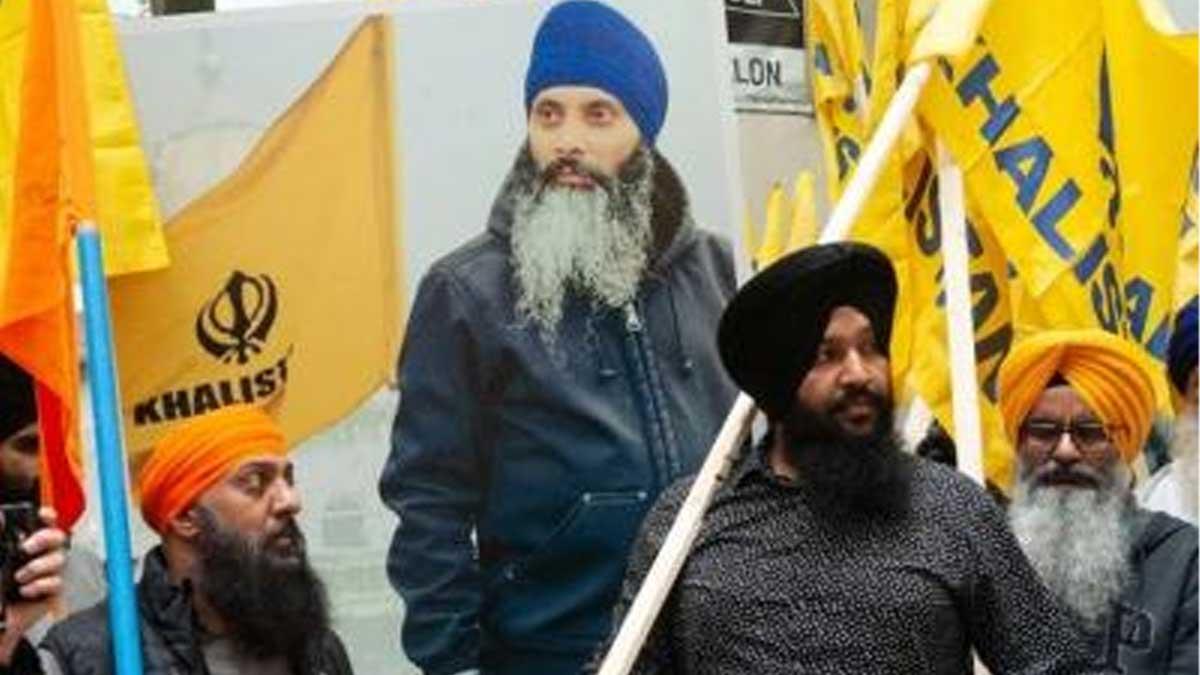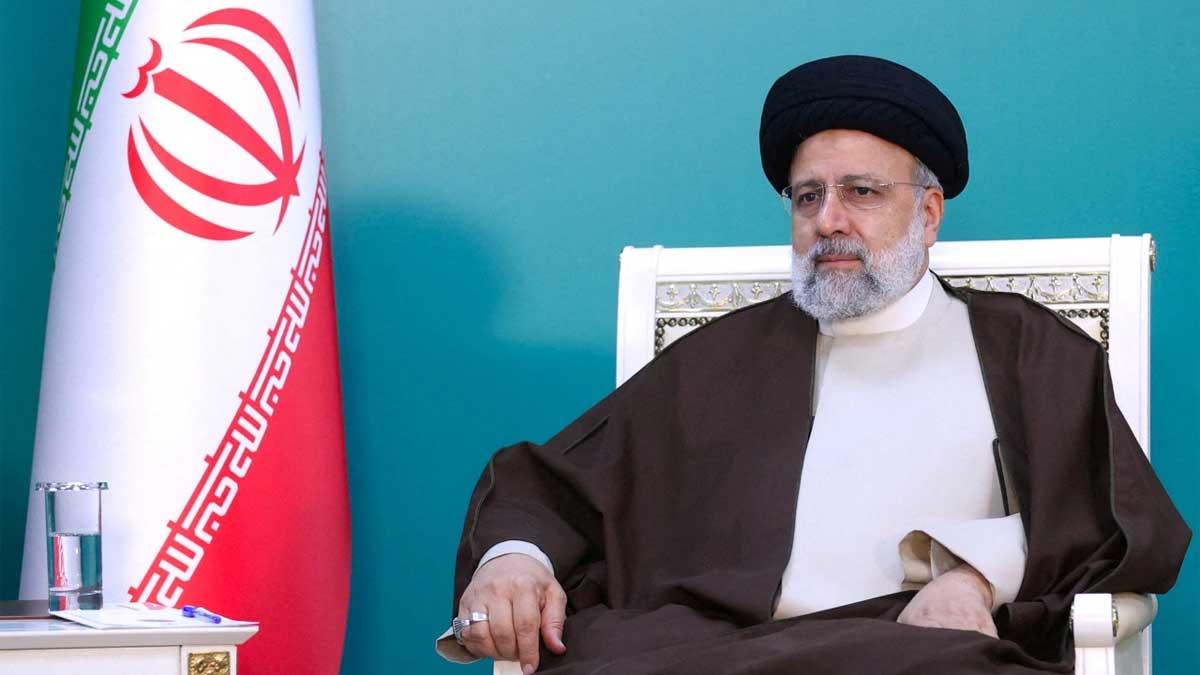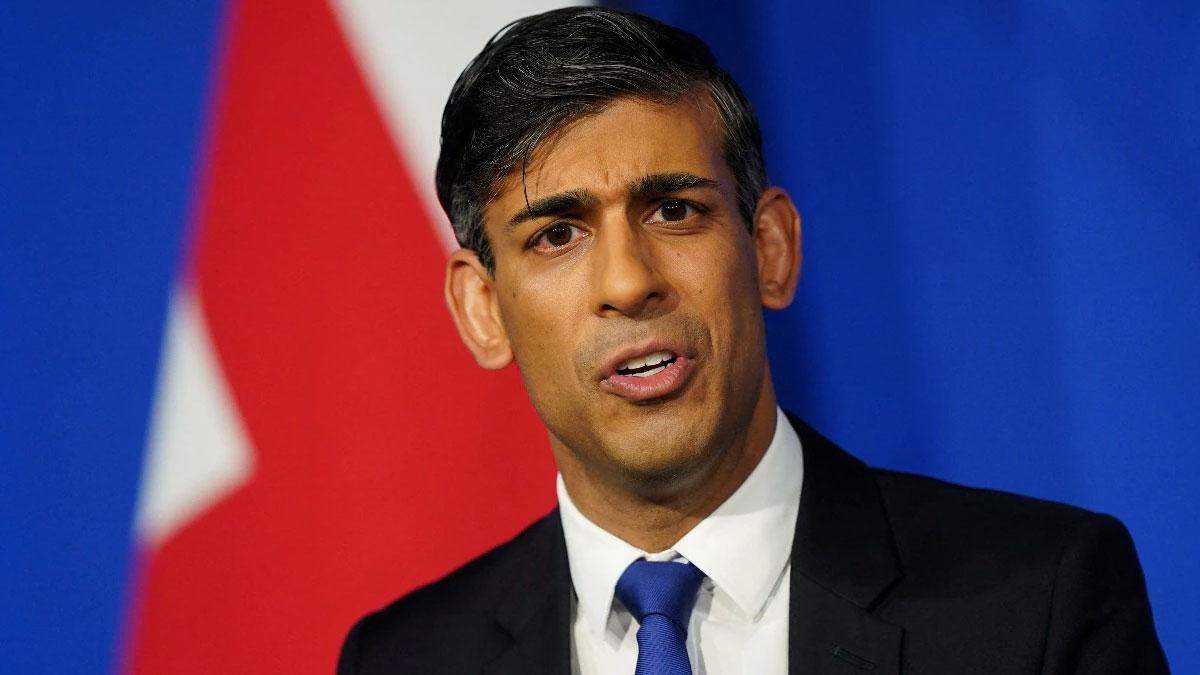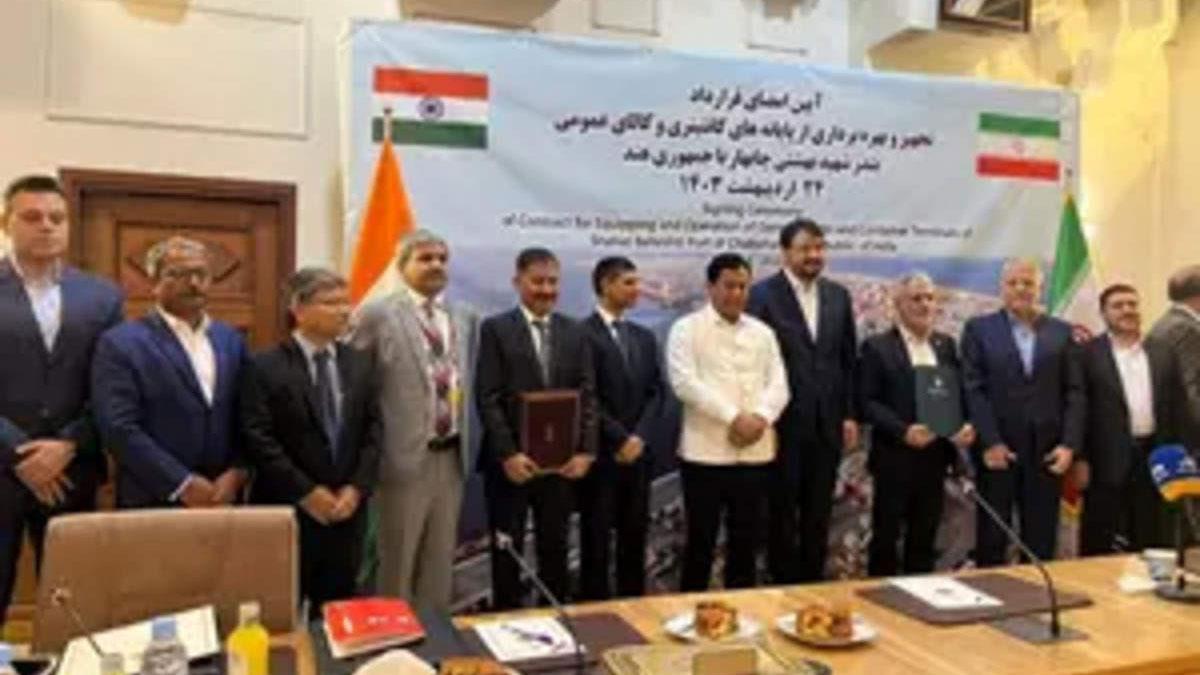Three individuals accused of the murder of Khalistan separatist Hardeep Singh Nijjar, who was killed last year, made their initial appearance before a Canadian court via video link on Tuesday, May 7. This marked their first encounter with homicide charges, while a significant number of local Khalistan supporters gathered at the courthouse.
The accused, identified as Karan Brar (22), Kamalpreet Singh (22), and Karanpreet Singh (28), all hailing from India and residing in Edmonton, were apprehended and charged with first-degree murder and conspiracy to commit murder on Friday, May 3.
Reportedly associated with an alleged hit squad, the trio appeared separately before the Surrey Provincial Court in British Columbia. Clad in jail-issued attire, they participated in the proceedings from North Fraser Pretrial Centre.
Acknowledging the charges presented against them in English, each of the accused nodded affirmatively, indicating their comprehension of the accusations concerning Nijjar's murder.
The courtroom witnessed a substantial presence of local Khalistan supporters, prompting the opening of an overflow room within the courthouse to accommodate additional spectators. Outside, around 100 individuals waved Khalistan flags and displayed posters advocating Sikh separatism.
Hardeep Singh Nijjar, a Canadian citizen, was fatally shot outside a gurdwara in Surrey on June 18, 2023. The indictments issued on Friday suggest that the conspiracy leading to his death transpired between May 1, 2023, and the date of the incident, spanning locations in Surrey and Edmonton.
According to local law enforcement, the alleged perpetrators, suspected of involvement in drug trafficking and violence, entered Canada over the past five years.
Prime Minister Justin Trudeau's recent remarks at a Khalsa Day event in Toronto, attended by pro-Khalistan supporters, have reignited tensions between India and Canada. India has consistently refuted allegations of its involvement in Nijjar's killing, dismissing them as baseless and politically motivated.
The presence of Sikh separatist groups in Canada has been a longstanding concern for India, with Nijjar being labeled a "terrorist" by Indian authorities. The recent arrests of three Indian nationals in connection with the murder have raised speculations about potential ties to the Indian government, although Canadian police have not disclosed any further details.
While commenting on the situation, S Jaishankar, External Affairs Minister of India, has said that these developments are related to internal politics in Canada and have no relevance to any action by India. He said the influence of pro-Khalistan groups in Canadian politics is such that some parties are dependent on them since they do not enjoy a majority in Parliament.
Jaishankar said that despite repeated appeals by India to Canada not to allow a platform to elements supporting Khalistan, cooperation from the Canadian government was not forthcoming. He cited examples of extradition requests for persons associated with Khalistan being ignored and that Canada was driven by political consideration and more so in view of the upcoming elections.
The above would mean that the legal proceedings and the diplomatic tensions over the murder of Nijjar reflect the complex dynamic between India and Canada, fueled by issues of separatism, extremism, and political interests.
Read also | Iran is accused by Paris of holding French nationals as "state hostages"


















